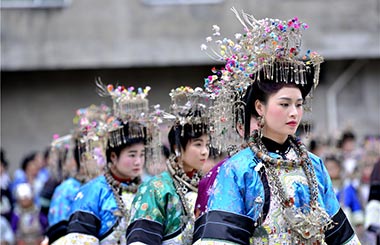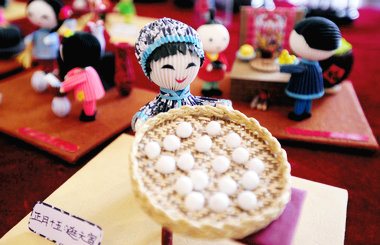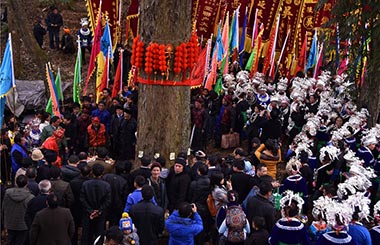New roadmap for better protection of heritage items
By Wang Kaihao ( China Daily ) Updated: 2016-02-23 08:07:11Consequently, the ministry launched a nationwide training program last year, involving sessions over a month at colleges of some 1,800 craftsmen.
The ministry announced last week that the project will expand to 57 institutions this year, including Tsinghua University, the Central Academy of Fine Arts and the China Academy of Art.
"The program is mainly to offer basic fine-art theories to ICH inheritors to complement the traditional master-apprentice pedagogy," says Ma Shengde, an expert on a panel for the Culture Ministry's program.
The program is open to all artisans-not just registered ICH inheritors.
"We have to be very cautious and develop in a steady pace," Ma says of doubts that may exist about the program's effectiveness in transforming ICH items.
"The training program doesn't claim to replace the original masters. We are here to improve people's capacity to understand old crafts and are looking at ways to make them easily acceptable among today's youth," he says.
Folk music and dances are temporarily excluded from the program due to the complexities of such art forms.
A withdrawal system will likely be introduced to ICH listing in the future. After a general survey of the registered items, those found to have already lost their relevance today will probably be removed from the list. Some songs that farmers chanted in the fields earlier are no longer heard as the sounds of machines have overtaken them.
"Intangible cultural heritage items shouldn't be destined for the museums and archives," Ma says.
"They need to live among the people."
Related:
Intangible cultural heritage exhibition to celebrate Lantern Festival held in Shenyang
Woodprint pictures making a comeback
|
|
|
|
|
|
|
|

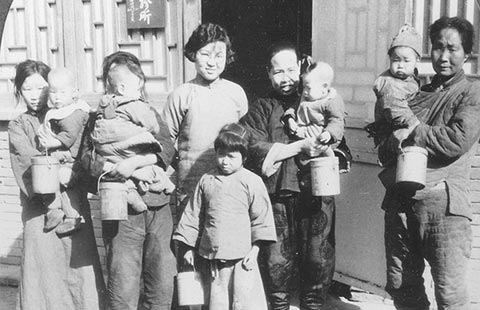


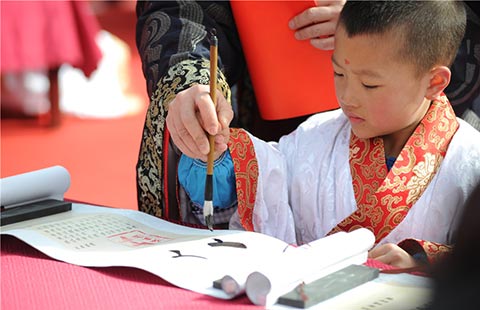


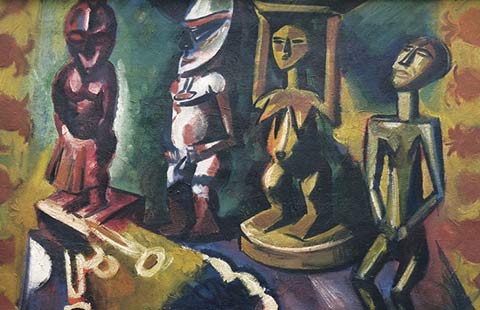













 Raymond Zhou:
Raymond Zhou: Pauline D Loh:
Pauline D Loh: Hot Pot
Hot Pot Eco China
Eco China China Dream
China Dream China Face
China Face

